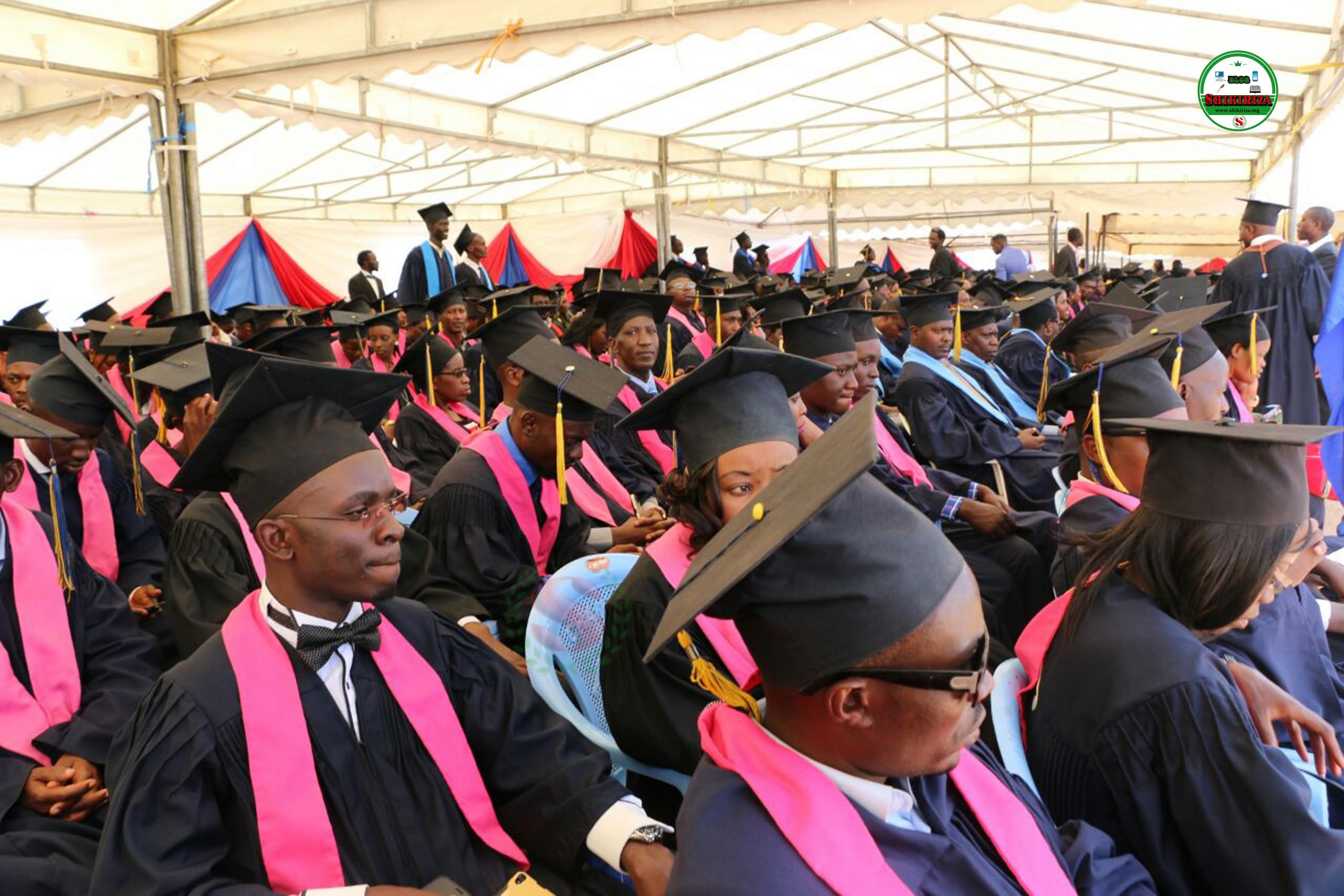Unemployment is an issue for the youth in Burundi. The rate keeps increasing. Reasons include the lack of entrepreneurial experience for young graduates, the content of the academic curricula that doesn’t match the reality of the time and false assumptions over the outcome of studies. Considerable efforts should be put in to tackle unemployment.
I recently came across a group of students on their way home. I really had the curiosity to know what they think of school today. They obviously had different points of view. Still, they agreed on one thing: getting a job in Burundi is very difficult. To put it well, Claude*, one of the students recounts a story of his cousin:
« When my cousin obtained his diploma in 2017, the family gathered and we had a big party at home. His parents apparently invested a lot of money on the ceremony. They believed he was going find a well-paid job. Their expectations have withered with time. Until today, he is still doing small jobs here and there. »
Today, cases of students who finish secondary schools and end up becoming housemaids or bar-tenders in towns are many. Their dreams turn into a nightmare as soon as they set foot outside of school. Most girls marry too young so as to support their families. Thus, they miss the opportunity for higher education. When at university, some students become security guards or sell electronic money on the streets after school to survive in the city.
A modular survey report on household living conditions 2013-2014 in Burundi by the Burundian Institute of statistics and economic studies (ISTEEBU) and African Development Bank (BAD) indicate an unemployment rate of 1.6% in the strict sense and 2.4% in the broad sense. It also mentions a higher unemployment rate in urban areas than in rural areas, with a rate of 14.7% in the broad sense, which affects more educated people. 6.9% are of secondary school level and 17.9% of higher level. According to the same report, unemployment is higher among men than among women, although the differences are not significant. With regard to age, the phenomenon of unemployment particularly affects young people aged between 15 and 35 with an estimated rate of 3.7%, whereas it is only 1% on average in the 36-64 age group and only 0.1% for individuals aged 65 and over.
Wrong mindset
For so many years, school has been considered as a key to good job and happy life. Until today, school is still considered by some as a training for government employment. This has misled many young people.
“Instead of exploring their talents or applying what they learn at school in their everyday life, many young people spend years at home waiting for the Government to hire them,” regrets Thierry, a university graduate, whom I talked to.
Some parents still believe that an important person is a doctor, a minister, an administrator, or a teacher.
Outdated academic curricula?
Many young Burundians struggle to choose a career that they can pursue. Some indicate that courses are not updated enough to prepare them to entrepreneurship. They were, rather, trained to be employees of some kind. Once graduated, some can’t afford starting their jobs.
“Since a little child, I have been studying. My entire life was about school. Now, after graduation, I’m lost. I have not yet got a job according to what I have been trained for,” said Isaac Irakoze, graduate at the University of Burundi, 2017 class.
Hindrances on the youth’s entrepreneurship endeavors
While the Government encourages Burundian young people to create their own jobs, the latter claim having no financial means to do it.
Many young people, obviously, suffer the lack of financial means to transact their businesses after school, despite being energetic and committed to self-development. Worse, neither banks nor microfinances can give them loans as they do not have hypothec.
In response to young people’s claims, the government has recently initiated many projects to support young people’s initiatives such as the youth investment bank (BIJE), the Economic Empowerment and Youth Employment Program (PAEEJ), The Impulse, Guarantee and Support Fund (FIGA), and so on.
Despite all efforts from both sides, problems are still remarkable on the ground. The effectiveness of those projects is brought into question by several young people. They claim all those projects are just theories as they have less benefited from them so far. They seem to be pessimistic. More efforts should be invested to seriously tackle unemployment.

